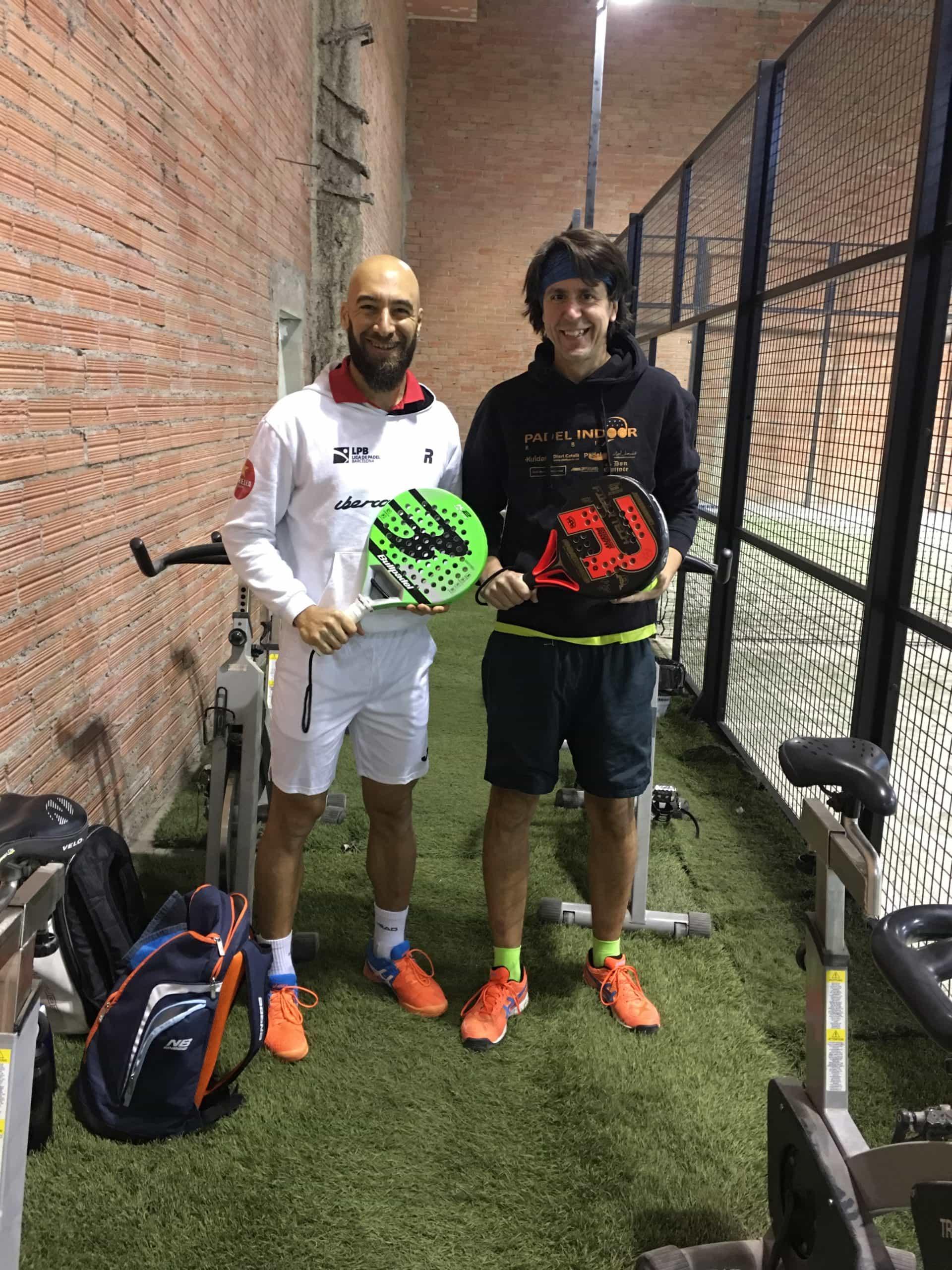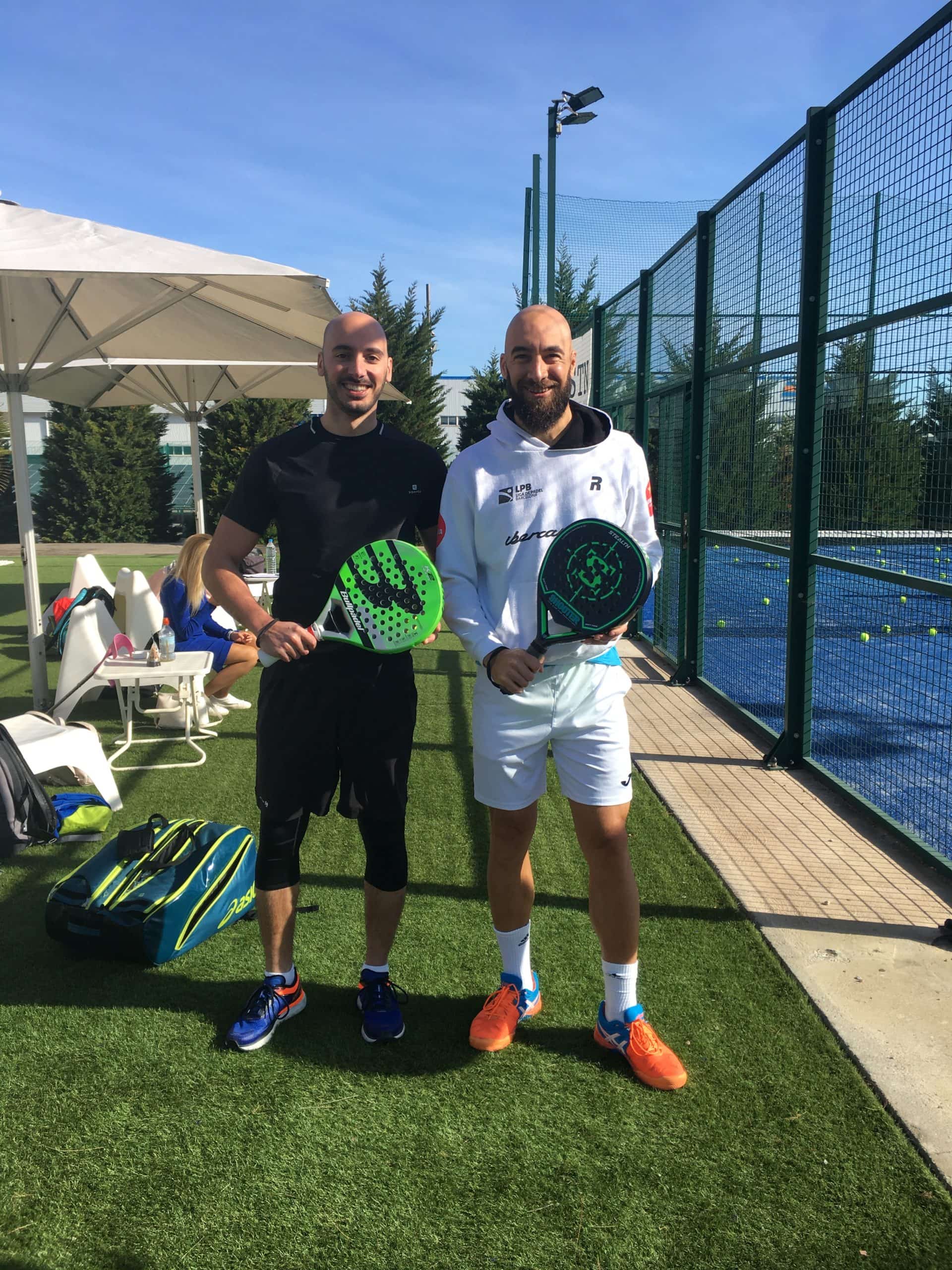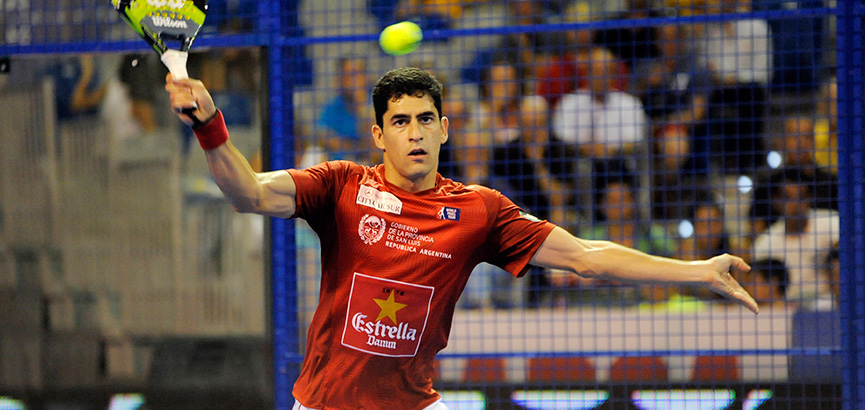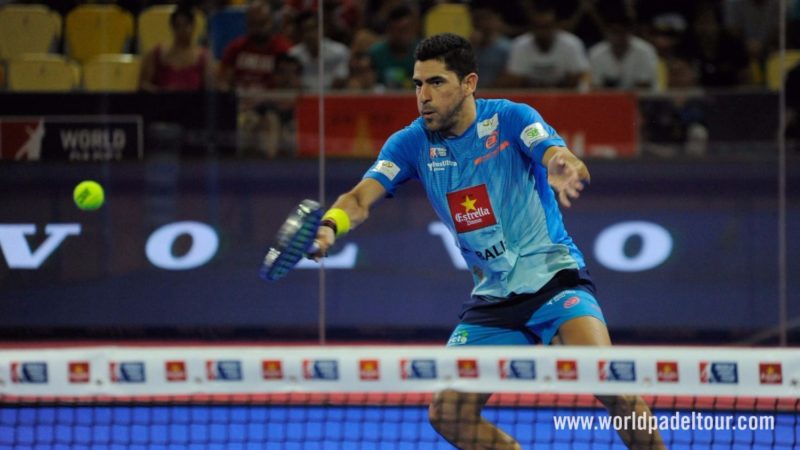
Pre-match photo at the second padel club in Malta
Well, what can we say about 2020? It was a real shit show for the whole world really, and my padel journey got heavily affected by the whole COVID crisis and lockdowns.
I started the year strongly, winning the first tournament I participated in. The rest of January was quite tough though, as right when I was hitting top form I got injured during a match and had to nurse my shoulder for the rest of the month, doing physio and recovery work.
I took the opportunity to do some reading and continue watching video tutorials of padel and tennis. I had bought some tennis courses and had then on my todo list for a while, so I worked through those during these lower intensity days. A lot of things transfer over to padel from tennis, but we’re now starting to see the first baby steps in English padel tuition as well, which is a good thing for the expansion of the sport.



 Proper breathing is often a neglected element at amateur level sport, and sometimes even professionals breathe incorrectly, although nowadays with the influence of good coaches and technology this is very rare.
Proper breathing is often a neglected element at amateur level sport, and sometimes even professionals breathe incorrectly, although nowadays with the influence of good coaches and technology this is very rare. A deload is a planned step back from the volume (sets x reps) or intensity (load on the bar) in your current program. The idea is to give your tissues and nervous system a chance to recover after a period of intense training.
A deload is a planned step back from the volume (sets x reps) or intensity (load on the bar) in your current program. The idea is to give your tissues and nervous system a chance to recover after a period of intense training.